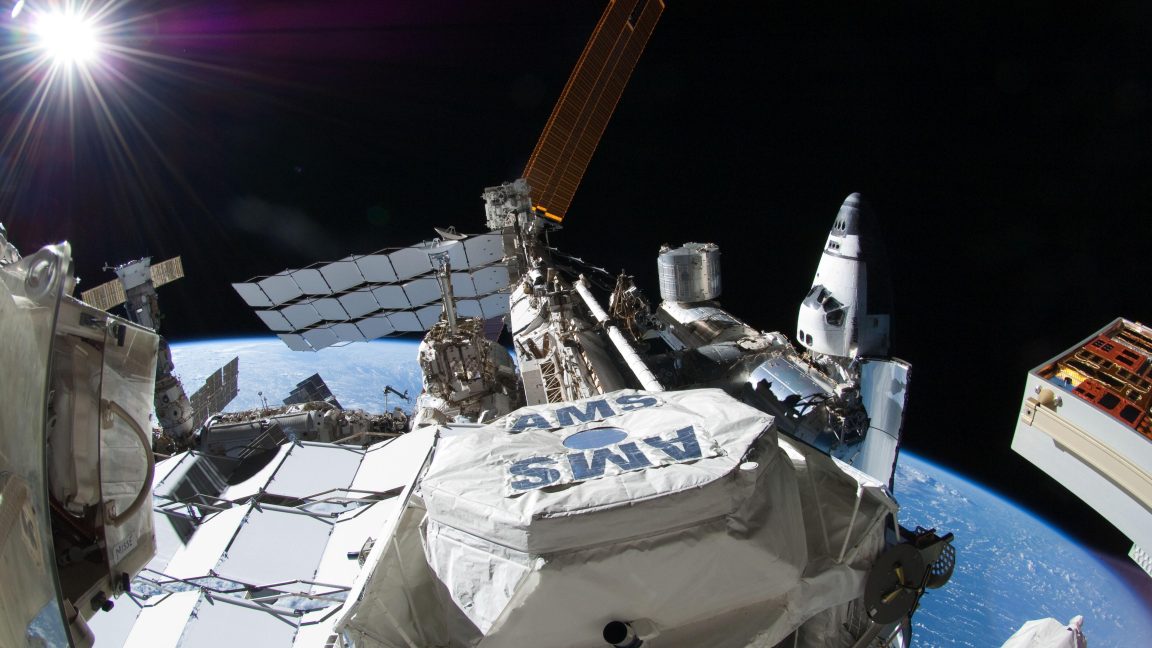NASA to Scale Back ISS Activities Due to Budget Cuts

NASA is facing budget constraints that are forcing the agency to make tough decisions regarding its activities on the International Space Station (ISS). In an effort to cut costs and align with the Trump administration’s proposals, NASA is considering several changes to its operations on the ISS.
One of the proposed changes includes reducing the crew complement of Crew Dragon missions from four to three, starting with the Crew-12 mission in February 2026. This decision is aimed at saving resources and optimizing the efficiency of missions to the space station. Additionally, NASA is looking to extend the duration of space station missions from six to eight months, allowing for more research and data collection during each expedition.
Another significant change on the table is the cancellation of all upgrades to the Alpha Magnetic Spectrometer science instrument attached to the station. This decision, while disappointing to the scientific community, is necessary in order to prioritize essential research efforts critical to future Moon and Mars exploration programs.
The budget request for fiscal year 2026 highlights the need for NASA to reduce the space station’s crew size and onboard research in preparation for a safe decommissioning of the station by 2030. The plan also includes a shift towards utilizing commercial space stations as replacements for the ISS in the future.
As NASA scrambles to navigate these budget issues, the agency remains committed to its goal of advancing space exploration and scientific research. While these changes may present challenges in the short term, NASA is working diligently to ensure that its activities on the ISS continue to contribute to the exploration of new frontiers in space.








